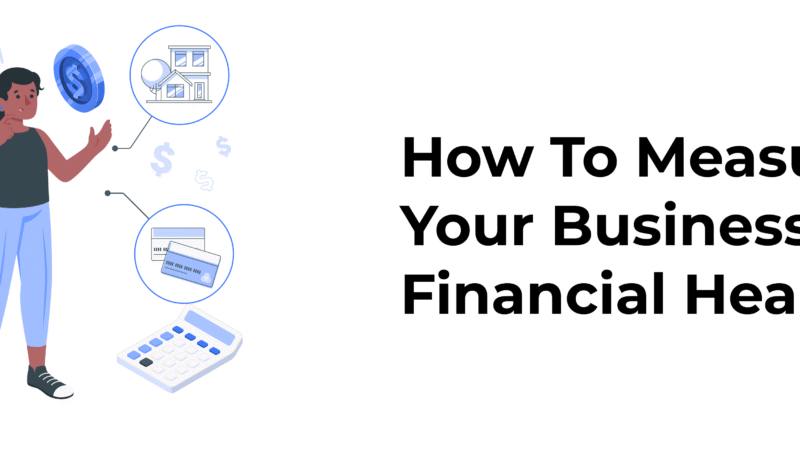8 Dreadful Consequences Of Not Doing Your Taxes
Dreadful Consequences Of Not Doing Your Taxes
Tax – a three-letter word most of us don’t want to hear (and pay for). But whether we like it or not, no matter how daunting it may be, we have to do our taxes. Stripping a small percentage of our income is an inevitable part of becoming an adult and not doing so will make you pay a greater price.
There are two ways you’re not doing your taxes – firstly, you fail to file them and secondly, you fail to pay them. Failing to file and pay should never be an option unless you want to experience these terrible consequences of neglecting your tax responsibilities.
1. You’ll pay a fine plus interest
Since the government’s tax system wants the time value of the money owed to them, it’s fair to expect some degree of penalty for not doing your taxes.
If you skip on filing your taxes, you could face a charge of 5% of the unpaid tax owed for every month (4.5% for not filing and 0.5 for not paying). If you filed but failed to pay, you’ll be required with a penalty fee as well as the interest.

2. The tax bureau is going to bug you
Who wants to get multiple notices from tax agencies? Nobody. If you fail to file or pay your taxes, that could happen.
The tax system won’t stop bothering you until you settle your taxes. They’ll send you a notice which includes the taxes you owe, plus interest and penalties. They need your response, whether you could pay or not, within 30 to 60 days. If you don’t reach out upon receiving your notice or bill, they could start taking steps that may hurt your income and assets.
Must Read Taxes Tips of this Years
3. They will delay or forfeit your tax refund
Relying on a tax reimbursement for your retirement funds? You might not get hold of the money if you failed to settle your taxes.
One of the actions the tax bureau could do is to delay or forfeit your tax refund until you pay. For instance, if you failed to file taxes in 2014, but you did file for a tax refund in 2015, you may never get your money. You prolong the financial injustice against your wallet and give up the chance to save or invest the tax refund at a higher return.
4. You’ll harm your credit report
Money owed to the tax system is no different from unpaid debts to the bank or anyone else. Tax liens or the right to keep possession until what is owed is discharged, as well as any outstanding debt will show on your credit report. All these will affect your ability to qualify for a mortgage and other loans.
5. Your property might be seized
When you continue to neglect your responsibilities, the tax agency can put your property, like your house, car, and income or bank account, on a lien. However, if it’s agreed that you’re going through a financial crisis, they might not push through with the seizure of your assets. You just have to inform them and negotiate.
6. You’ll receive summons
If the tax agency is having a difficulty arranging your unpaid taxes, you could get a summons. You are required to meet with a tax service officer and provide specific documents, records, and statements. Aside from appearing personally, you could get a third party to meet up with the agency, like a financial institution’s record keeper.
7. You might be sent to jail
The consequences for ignoring the tax bureau can be more horrific than warning letters. After sending multiple notices regarding an unpaid tax bill, a representative may be sent to your residence or business to collect payment. If you continue to run away from your responsibilities, the case may lead to automatic wage garnishments, property seizures, and arrest for tax evasion.
8. You may declare bankruptcy
This is one of the last things you’d want to happen. According to Julius Green, a certified public accountant and a tax practice leader for ParenteBeard Philadelphia, people who declare bankruptcy aren’t able to pay their taxes since they couldn’t afford to pay their mortgage or expenses. They usually are caught for 3-4 years of not filing and paying their taxes and for spending the money they didn’t pay the tax bureau.
Three Things To Do When You Can’t Pay Your Taxes On Time
Taxpayers should file all tax returns that are due, regardless of whether they can pay in full or not, to avoid a variety of enforcement actions like penalties and arrests. If you can’t pay your taxes in full and on time, here are some of the things you could do:
Respond to the notice
Contact the tax bureau as soon as you get the notice or tax bill so you could negotiate with them. They could assess your financial situation and discuss your effective payment plan.
Just file on time and pay as much as you can
Filing on time can save you from paying a late filing penalty. Pay as much to reduce your interest charges. You could get an installment agreement so your full payment can be paid in smaller, more manageable amounts.
Get a loan or use a credit card to pay your tax
The interest and fees charged by the bank and your creditor may be less than the interest and penalties provided by the tax bureau.
Author Bio:
Mina Salva Cruz is a savvy writer for Depreciator, an Australian-based business specializing in Tax Depreciation Schedules. Being an enthusiast of pursuing financial security herself, she writes and shares self-help articles focused on personal finance, tax planning, and property investing.





